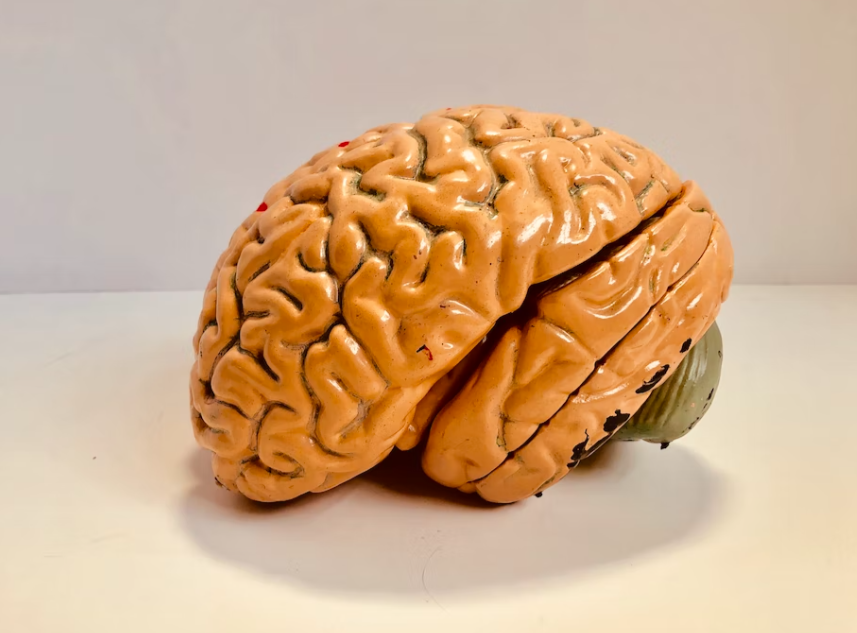Mantras - Can Mantra Be Dangerous
Learn about the dangers of mantras and how to choose the right mantra.

Selfpause Affirmation App
Download the app to get 1,000’s of affirmation meditations and everything you need to write, record and listen to your own.
Mantras are powerful tools for connecting with the divine. They help you focus your mind and attain whatever it is that you want. However, they can be dangerous if you are not careful. You need to know the right mantra for your specific needs. Here are some guidelines: Mantras should be used with respect. Avoid disrespecting devata. This can result in karmic repercussions. Whenever possible, begin sadhana from a place of bhakti-shraddha. This includes reading the Puranas.
Mantras are a powerful tool for connecting with the divine

The ancient practice of reciting mantras is one of the most effective ways to connect with the divine. The process of repetition imbues each word with energy. This energy is used by spiritual practitioners and other people in various spiritual practices. It is important to choose the right mantra for your personal purpose.
Whether spoken or recited silently, mantras invoke precise power and can serve a variety of purposes, from healing to achieving worldly desires. They are said to be direct conduits between the Divine and the devotee. Mantras are believed to increase in power with the number of repetitions and the chanter’s intention. After chanting the same mantra for a certain period of time, a person will achieve Mantra Siddhi or transcendental bliss.
Mantras were also used by Buddhists as protective spells. Monks were not permitted to use mantras for material gain. The Ratana Sutta contains many protective mantras that were used by monks. Many of these mantras are linked to the concept of “truth”.
Mantras are a powerful tool for meditation. They can transform the mind, body, and spirit. They can change the chemistry of the brain and create new neural pathways. This is an excellent method to connect with the divine. This ancient practice is growing in popularity outside of the traditional spiritual communities.
Aside from their powerful meditative properties, mantras also relieve stress and reduce the feeling of burnout. They can also improve focus and create a positive mood. However, they should only be used in a calm environment, with the presence of no distractions.
They help you focus your mind

Mantras help people to achieve a state of inner contentment. Because the mind tends to wander throughout the day, chanting a mantra can help you focus your mind while you are in the present moment. The repeated sound can also heighten certain senses, helping you to have an even richer inner experience. But if you are not religious, you shouldn’t feel pressured to use mantras.
If you’re suffering from anxiety, a mantra can help you separate from that mental fog. This can be helpful during anxious moments when you’re worried about the future or are experiencing negative thoughts that cloud your mind. A mantra can also help you ground yourself by distinguishing what’s actually your problem from other people’s, thereby creating a sense of clarity.
Mantras have similar effects to positive affirmations, which are short but powerful statements that inspire positive action. They are a way to focus and ground yourself and may avoid the side effects of medication. However, you should always talk to a licensed mental health care provider if you’re experiencing mental health issues.
There are risks associated with mantra meditation, which is why it’s important to find a comfortable meditation environment. For instance, a quiet room is ideal for chanting mantras. If you’re not comfortable with the position or your environment, you may fall asleep or lose focus.
When chanting mantras, the person creating the mantra must be attuned to the sounds of the universe. This is the only way you can truly benefit from a mantra. The sound of a mantra can guide you to harmony with yourself and the universe. The sounds created during the chanting process are produced by different parts of the body. Some of these are produced by the diaphragm and abdomen. The pure vibrations that result from chanting help tune the person chanting the mantra.
Mantras have several benefits and are helpful for meditation, but they can also lead to a loss of consciousness. Mantra meditation is a technique of reciting a mantra aloud, which helps you focus your mind and promotes concentration. Using a mantra in meditation is recommended for people who are more experienced with mantra meditation.
They help you get what you want

Mantras are powerful affirmations that help you get what you want. They work by reminding you that you deserve what you want. These affirmations can be spoken or written, and are most powerful when you speak them with positive intention. You can weave these mantras into your meditation, or write them in a special manifestation mantra journal. They can help you open your mind to possibilities and the guidance of the universe.
Mantras and affirmations are similar, but mantras are shorter and easier to remember. Affirmations are long, positive statements that focus on specific goals. Mantras are shorter and focused on matching your energy. They are great for meditation since you don’t have to remember every word.
Mantras help you get what you want by changing your mindset. Positive mantras help you create a more positive vibe and increase your vibrational frequency. They help you visualize your desired outcome and believe that it will come true. Use them in a manifestation journal, or write them on a manifestation board. Mantras are powerful tools for manifesting, so you’ll want to choose ones that are meaningful to you.
Mantras work best when used regularly and are based on your expectations. Choose one that speaks to you and feels good to say. Then, repeat it 108 times daily for 40 days. Mantras are most effective if you can visualize the desired outcome. This helps channel your energy and make your resolve more powerful.
They can be dangerous
MANTRAS are powerful spiritual mantras that have many beneficial effects. They are often believed to protect the practitioner from inappropriate thoughts and feelings. Mantra recitation is also thought to connect the reciter with their deeper selves. However, there are some dangers associated with mantra recitation.
The word mantra is derived from the root word, su, which means “speech”. In the Tantric tradition, a mantra is an extension of this principle. When a person utters the mantra, he or she experiences the sound of the mantra in the form of a sound wave. The sound waves create a sound that is more powerful than words.
Mantras heal the body, heal the mind and connect the chanter with the divine. However, when people use mantras in an inappropriate way, they are harmful. Many people misuse mantras for worldly purposes and interests. Inappropriate chanting of mantras can cause physical and mental harm.
Mantras have been compared to weapons. Mantras that provide protection are given mythological names such as Sudarsana, Aghora, Pasupata, and Nrsimha. This reflects the paradigm of warfare. Mantras performed in reverse order can have the opposite effect – they can kill. The Gayatri mantra is an example of such a mantra that carries out a magical effect.
Black magic is the power of negative energies. A black magic mantra’s goal is to harm and destroy people. The effect can be felt from thousands of miles away. People who practice black magic cannot see its effect, but the power of this spell is immense. While it may sound innocent, it can be a dangerous form of magic.
Our Top FAQ's
There is no inherent danger in repeating a mantra, and in many cases, chanting or repeating a mantra can be a helpful and beneficial spiritual practice. However, it is possible for a person to become overly fixated on a mantra or to use it as a way to avoid dealing with other issues in their life. If this occurs, it could potentially lead to negative consequences or side effects, such as increased anxiety or difficulty in facing and addressing problems.
Mantras are typically used as a personal spiritual practice and are not intended to harm or control others. However, it is possible that some people may try to use mantras or other spiritual practices in a manipulative or abusive manner. It is important to be aware of this possibility and to use caution if someone suggests using a mantra or other spiritual practice in a way that seems inappropriate or uncomfortable.
As with any spiritual practice, it is possible for a person to become overly obsessed with chanting a mantra or to develop unhealthy behaviors as a result of their practice. For example, a person may become fixated on chanting a mantra for long periods of time to the exclusion of other activities, or may become anxious or agitated if they are unable to chant their mantra. It is important to be mindful of how much time and energy one is putting into their mantra practice and to ensure that it is balanced with other aspects of their life.
In general, practicing mantras can be a positive and beneficial spiritual practice that can contribute to one’s mental and emotional well-being. However, as with any spiritual practice, it is possible for a person to become overly fixated on their mantra or to use it as a way to avoid dealing with other issues in their life. If this occurs, it could potentially lead to negative consequences or side effects, such as increased anxiety or difficulty in facing and addressing problems.
There are generally no inherent dangers or risks associated with using mantras as a spiritual practice. However, as with any spiritual practice, it is important to approach it with awareness and mindfulness, and to be mindful of any negative effects it may be having on one’s mental or emotional well-being. It is also important to be aware of any cultural or religious contexts in which the mantra is used, and to respect the beliefs and practices of others.
